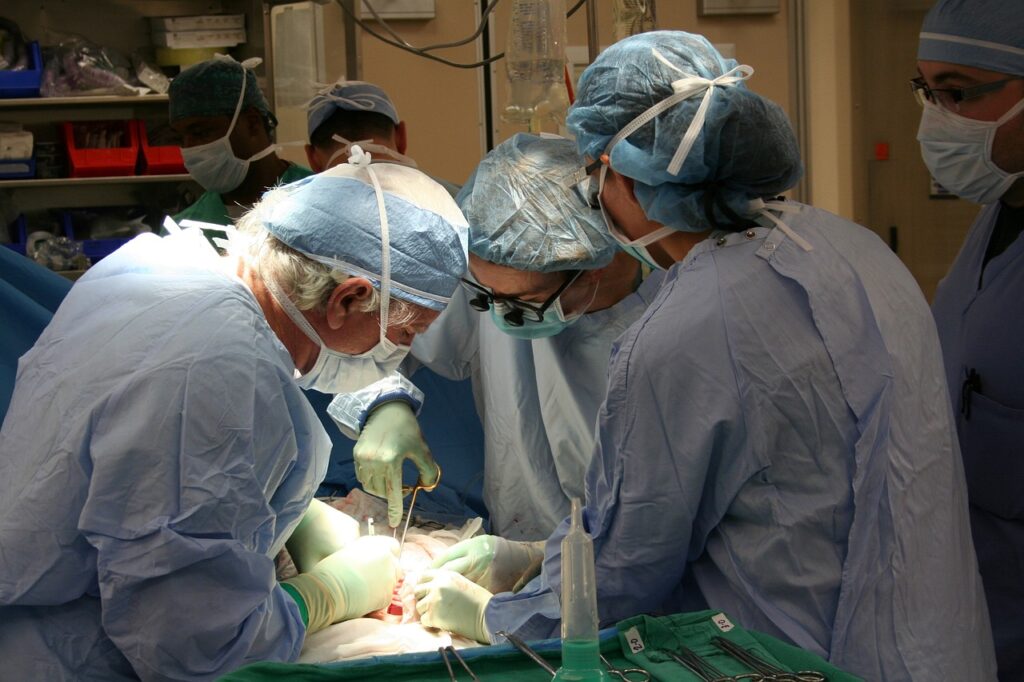Routine blood tests are essential for monitoring overall health and diagnosing various medical conditions. One such important test is the Random Blood Sugar (RBS) test, which measures the glucose level in your blood at any given time. This blog, presented by Hikari Sparks, delves into the details of the RBS test, its significance, and what to expect during the procedure.
What is an RBS Test? The Random Blood Sugar (RBS) test is a simple blood test used to measure the level of glucose in your blood. Unlike fasting blood sugar tests that require you to fast for several hours, the RBS test can be done at any time, regardless of when you last ate. This flexibility makes it a convenient option for quickly assessing blood sugar levels.
Why is the RBS Test Important? The RBS test is crucial for:
- Diagnosing Diabetes: Elevated blood sugar levels may indicate diabetes or prediabetes.
- Monitoring Diabetes Management: For individuals with diabetes, regular RBS tests help monitor and manage their condition effectively.
- Assessing Hyperglycemia and Hypoglycemia: The test can help detect unusually high or low blood sugar levels, which may require immediate medical attention.
- Routine Health Checkups: As part of a routine health checkup, the RBS test provides valuable insights into your metabolic health.
How is the RBS Test Performed? The RBS test is a straightforward procedure:
- Preparation: No special preparation is required. You can eat and drink normally before the test.
- Blood Sample Collection: A healthcare professional will use a small needle to draw a blood sample, usually from a vein in your arm.
- Analysis: The blood sample is sent to a laboratory for analysis. The results typically come back within a few hours or the next day.
Interpreting RBS Test Results
- Normal Range: Blood sugar levels should be less than 140 mg/dL (7.8 mmol/L).
- Prediabetes: Levels between 140 mg/dL and 199 mg/dL (7.8 to 11.0 mmol/L) may indicate prediabetes.
- Diabetes: Levels of 200 mg/dL (11.1 mmol/L) or higher suggest diabetes.
Factors Affecting Blood Sugar Levels Several factors can influence blood sugar levels, including:
- Diet: High-carb or sugary foods can raise blood sugar levels.
- Physical Activity: Exercise helps lower blood sugar by increasing insulin sensitivity.
- Medications: Some medications, including insulin and oral diabetes drugs, affect blood sugar levels.
- Illness and Stress: Both physical and emotional stress can impact blood sugar levels.
Managing Blood Sugar Levels If your RBS test results indicate high or low blood sugar levels, it’s important to follow your healthcare provider’s advice. Common management strategies include:
- Dietary Changes: Adopting a balanced diet with controlled carbohydrate intake.
- Regular Exercise: Engaging in regular physical activity to help maintain healthy blood sugar levels.
- Medications: Taking prescribed medications as directed by your healthcare provider.
- Monitoring: Regularly checking your blood sugar levels at home using a glucometer.
Complications of Uncontrolled Blood Sugar Levels Consistently high or low blood sugar levels can lead to various complications, including:
- Cardiovascular Disease: High blood sugar levels can damage blood vessels, leading to heart disease and stroke.
- Nerve Damage (Neuropathy): High blood sugar can cause nerve damage, resulting in pain, tingling, or loss of sensation in the extremities.
- Kidney Damage (Nephropathy): Prolonged high blood sugar levels can damage the kidneys, leading to kidney disease or failure.
- Eye Damage (Retinopathy): High blood sugar can damage the blood vessels in the retina, potentially leading to blindness.
- Foot Damage: Nerve damage and poor blood flow can lead to serious foot complications, sometimes requiring amputation.
- Skin Conditions: Diabetes can make you more susceptible to skin infections and other skin disorders.
- Mental Health Issues: Diabetes management can be stressful and lead to mental health conditions such as depression and anxiety.
Preventive Measures To prevent high or low blood sugar levels, consider these preventive measures:
- Healthy Diet: Focus on a balanced diet rich in fruits, vegetables, whole grains, and lean proteins. Limit sugary foods and drinks.
- Regular Exercise: Aim for at least 30 minutes of moderate exercise most days of the week.
- Weight Management: Maintain a healthy weight to improve blood sugar control.
- Regular Monitoring: Keep track of your blood sugar levels regularly to identify patterns and make necessary adjustments.
- Medication Adherence: Take medications as prescribed by your healthcare provider to manage blood sugar levels effectively.
Medical Tourism in India India has become a top destination for medical tourism, offering high-quality healthcare services at affordable prices. Patients from around the world choose India for its advanced medical facilities, experienced healthcare professionals, and comprehensive care. The process is streamlined to assist with travel, accommodation, and treatment coordination, ensuring a hassle-free experience for international patients.
The Random Blood Sugar (RBS) test is a valuable tool for diagnosing and managing diabetes and monitoring overall metabolic health. By understanding your blood sugar levels, you can take proactive steps to maintain a healthy lifestyle and prevent complications associated with diabetes.


